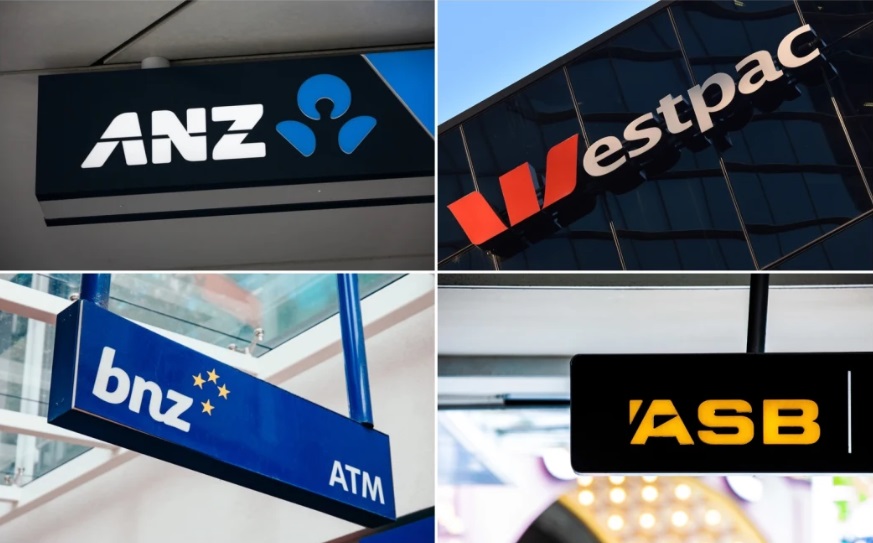
Having watched earlier studies come and go with little tangible impact on everyday lives, most recently the supermarkets’ one, expectations for major change following the personal banking services study may not be high.
It would have been little surprise the CC’s draft report released last week found the big four banks — ANZ, ASB, BNZ and Westpac — had little competition and were raking in higher levels of profits than their overseas peers.
Rather than strong competition driving innovation and choice for customers, there were price-matching strategies maintaining stable market shares.
In the market there were strong incentives for players to match but not beat one another. Incentives to innovate and produce new products might be dampened by the knowledge competitors would quickly follow.
The lack of a disruptive force in the market meant competition between the major players was sporadic and not sustained.
Kiwibank is not big enough to be that disruptor, so the CC is recommending the government should consider how to change that, including how to provide it with access to more capital.
In the existing cost-cutting environment it is difficult to see the government being enthusiastic to stump up the billions of dollars required.
The CC also found the major banks were operating legacy (technology speak for outdated) technology systems, some from the 1990s and 2000s.
Sustained lack of major investment in this area was consistent with weak competition over an extended period, it said.
It appeared the major banks knew their peers were in a similar position with a lack of investment in systems and were choosing to make minimal adjustments to their existing systems to keep them going, rationing investments in innovation, to focus on ongoing regulatory requirements.

Any innovation was incremental and mostly aimed at maintaining main bank relationships and enabling them to stay ahead of the competition.
This is not reassuring for customers.
The CC’s 16 draft recommendations are aimed at reducing barriers to competition for those seeking to challenge the major banks through encouraging entry by others into the market and expansion for innovative players, along with empowering consumers to make informed decisions about their banking providers.
It is keen to see progress towards open banking speed up as it sees this having the potential to revolutionise banking in the medium to long term.
It wants mid-2026 to be the date for open banking to be fully operational. Open banking allows consumers to share banking and credit card transaction data securely with third parties, which could draw together information to help them readily understand their total financial position, compare deals, and make it easier for them to switch to a new provider.
At the moment, switching banks is perceived by many to be difficult and found to be so by some brave enough to do it. Although some banks participate in an account switching arrangement called Easy Switch (who knew?) the CC had reservations about how well this was working, including that it was not overseen by an independent body.
It has called for a better switching service with appropriate government oversight.
There are also several recommendations related to home loans to improve the ability of consumers to compare offers and increase transparency around how mortgage brokers are operating.
The CC’s draft report is open for consultation until April 18 with the commission expected to provide its final report in August.
Although the commission wants its recommendations considered as a whole because they are interrelated and designed to provide a long-term benefit to consumers, a "pick and mix" approach might turn out to be more palatable to the government.











